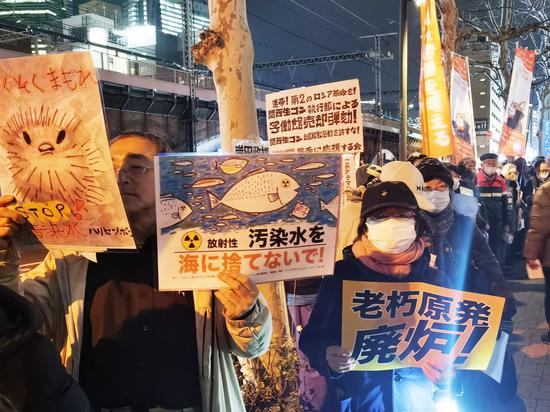
Japanese citizens rally in front of the headquarters of the Tokyo Electric Power Company in Tokyo late on Monday, demanding an immediate cessation of the ocean discharge of nuclear-contaminated water. (JIANG XUEQING / CHINA DAILY)
Doubting the objectivity of IAEA, Japanese citizens protested against the discharge of nuclear-contaminated water from the crippled Fukushima Daiichi nuclear power plant into the ocean and demanded its immediate cessation while the head of the International Atomic Energy Agency was visiting the country.
As a guest of Japan's Ministry of Foreign Affairs, Rafael Mariano Grossi, director-general of the IAEA, is having a three-day visit to Japan starting on Tuesday. He met with local residents in Iwaki, Fukushima Prefecture, and visited the Fukushima plant operated by the Tokyo Electric Power Company on Wednesday.
The IAEA is an organization that promotes nuclear power, and the Japanese government has contributed significant amounts of funding to it in the past. From this standpoint, "I do not believe that it is an organization with impartiality or independence," said one of the plaintiffs suing the Japanese government and TEPCO over the ocean discharge, who declined to be named.
An independent organization gathering experts from around the world, rather than the IAEA, should investigate and monitor the discharge of contaminated water into the sea. It is necessary to have them assess the safety, she said.
"Both international organizations and the Japanese government should immediately take measures to stop the release of nuclear-contaminated water into the sea, and other methods should be properly considered," said Shuhei Matsushiro, a director of the Association for Inheriting and Propagating the Murayama Statement.
Several alternatives have been proposed. Among them, one of the most effective solutions seems to be solidifying contaminated water with concrete and keeping it within Japan's borders. Alternatively, there is still room to build tanks within the Fukushima nuclear power plant premises, Matsushiro said.
"Japan is a country prone to earthquakes and volcanic disasters. I believe the IAEA should recognize this and advise the Japanese government accordingly," he said.
"Even after witnessing the Fukushima nuclear accident, where debris removal has yet to be completed and there's still no end in sight, it's absurd to continue operating nuclear power plants in such circumstances," he added.
Contaminated water contains not only tritium but also various radioactive substances. Even after treatment with the Advanced Liquid Processing System, it is impossible to completely remove all of these substances before releasing contaminated water into the sea, said the plaintiff suing the Japanese government and TEPCO, who declined to be named.
Moreover, the plaintiff born in Iwaki said she has doubts about whether ALPS, the multi-nuclide removal facility, will continue to function without issues for decades to come.
Protesters urged experts to consider whether the contaminated water stored in tanks really needs to be reduced immediately, and whether ocean discharge is the only option. Additionally, it is urgent to address the fundamental causes of the contaminated water generation.
During a rally in front of TEPCO headquarters in Tokyo on Monday, the Nuclear Civil Regulatory Commission submitted a letter to the company in the name of Toshio Iwata, the commission's representative in Tokyo, vehemently protesting against the ocean discharge of nuclear-contaminated water and demanding its immediate cessation.
"The forcible discharge of radioactive contaminated water into the ocean is unacceptable ….The oceans are not dumping grounds for nuclear waste," Iwata wrote in the letter.
"Dumping radioactive contamination into the ocean despite the technical feasibility of storage is unlikely to garner understanding from countries worldwide. The contaminated water from the accident reactors is different from the discharge from other nuclear plants. No attempts at obfuscation through explanations are permissible," Iwata wrote.









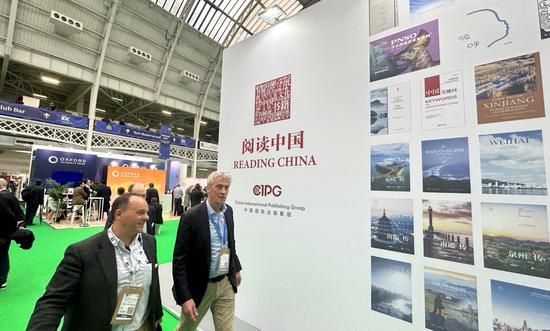
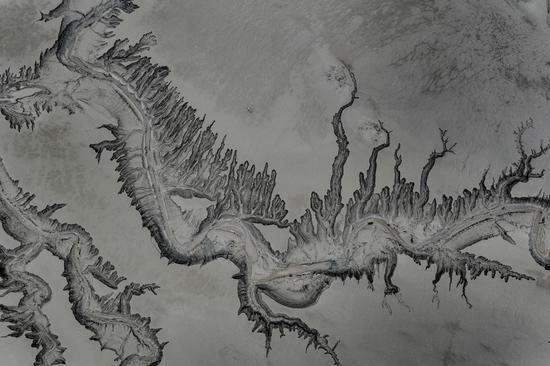




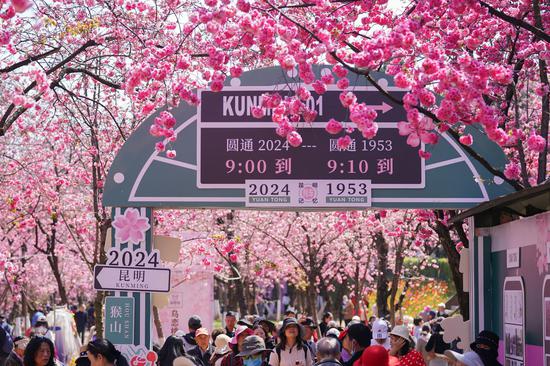
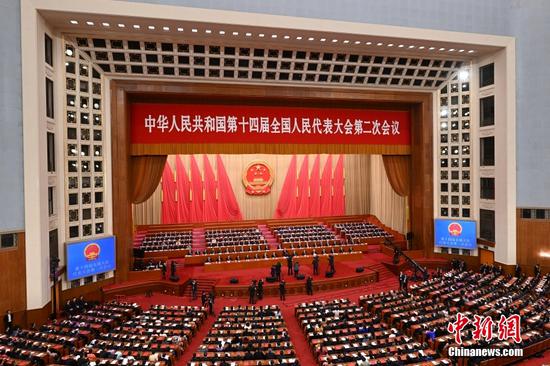




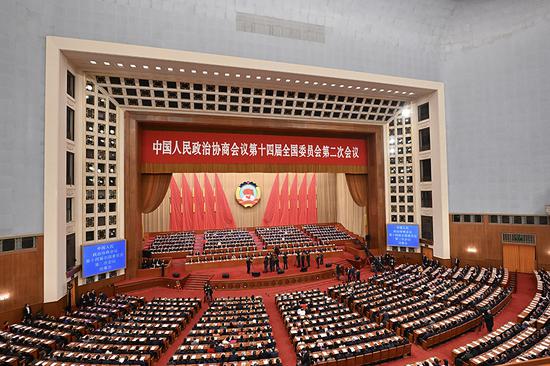
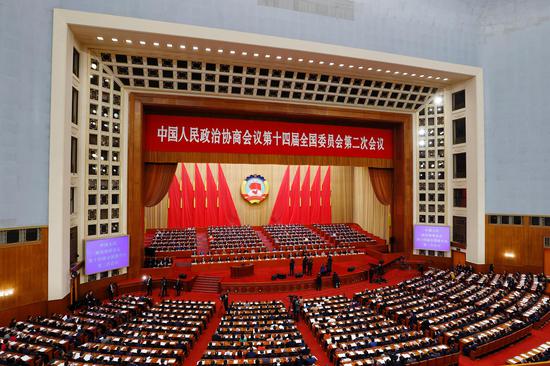

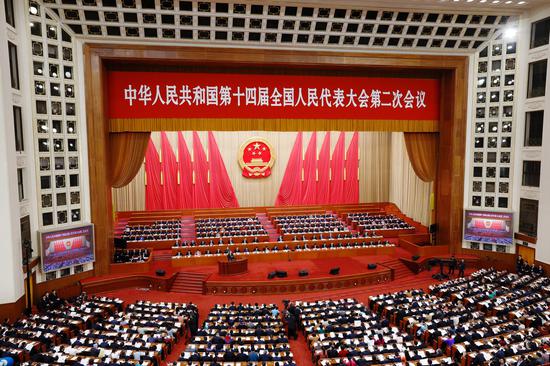

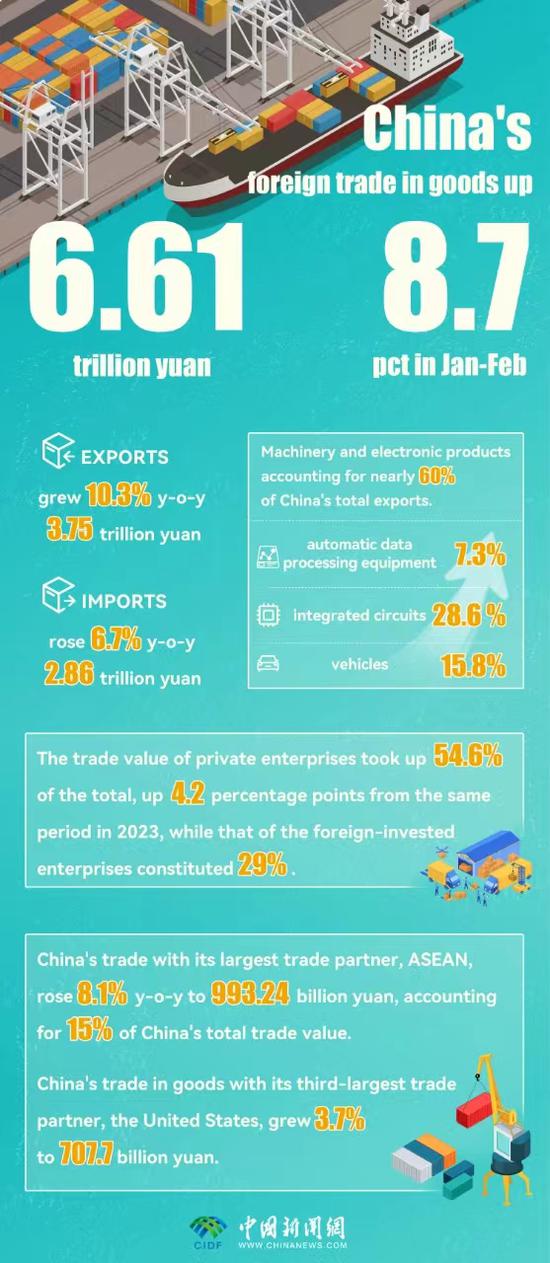

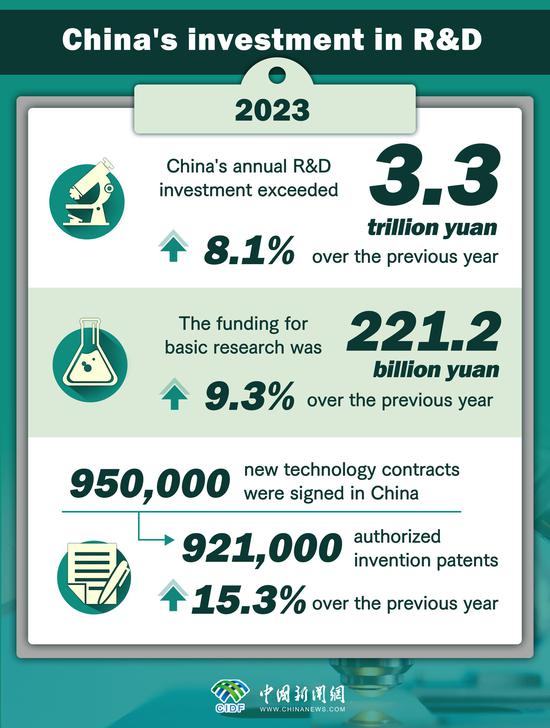





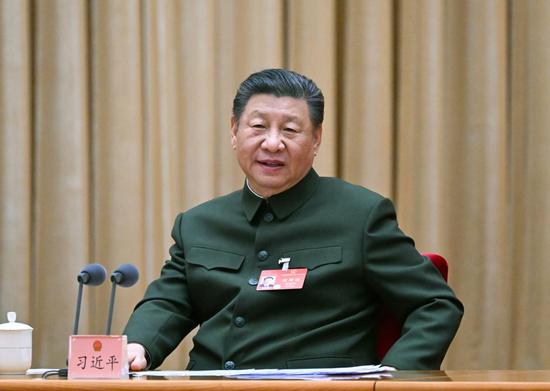

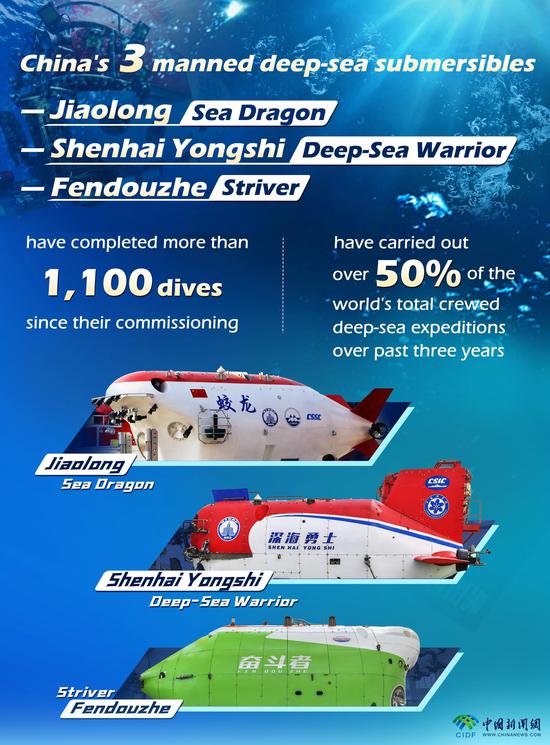
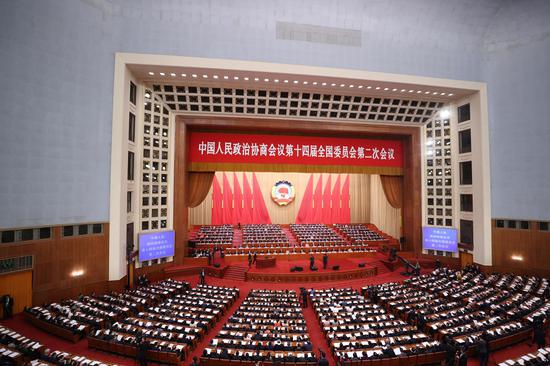
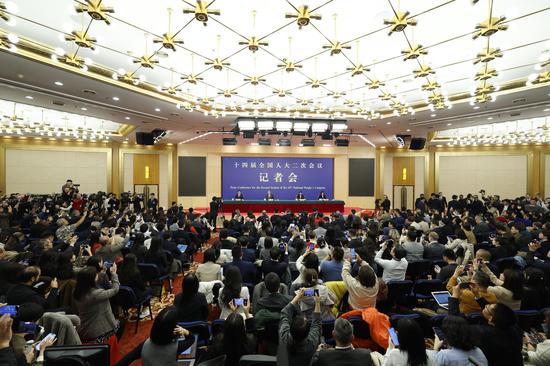

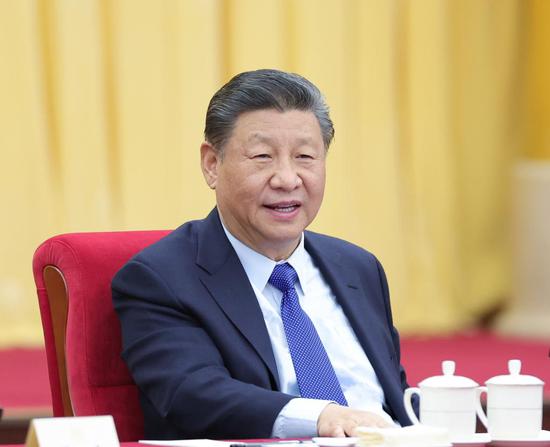


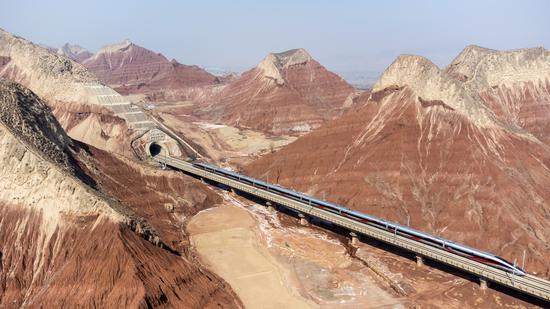






 京公網安備 11010202009201號
京公網安備 11010202009201號